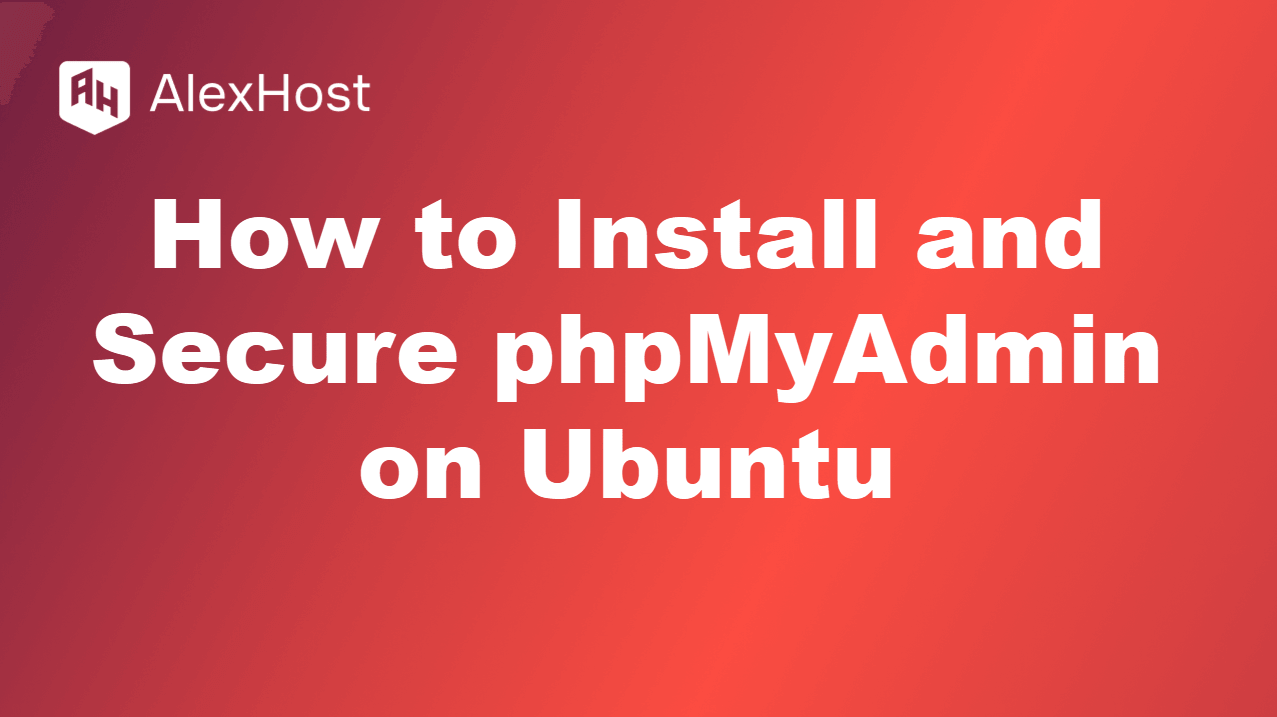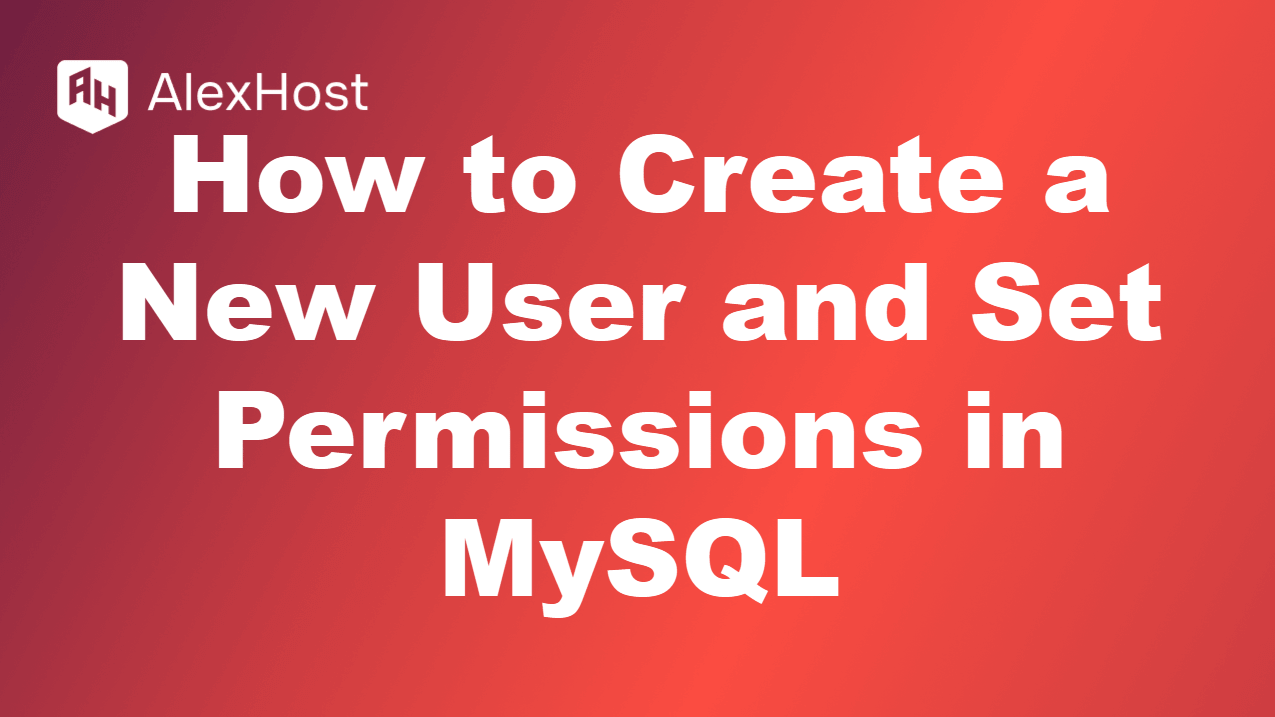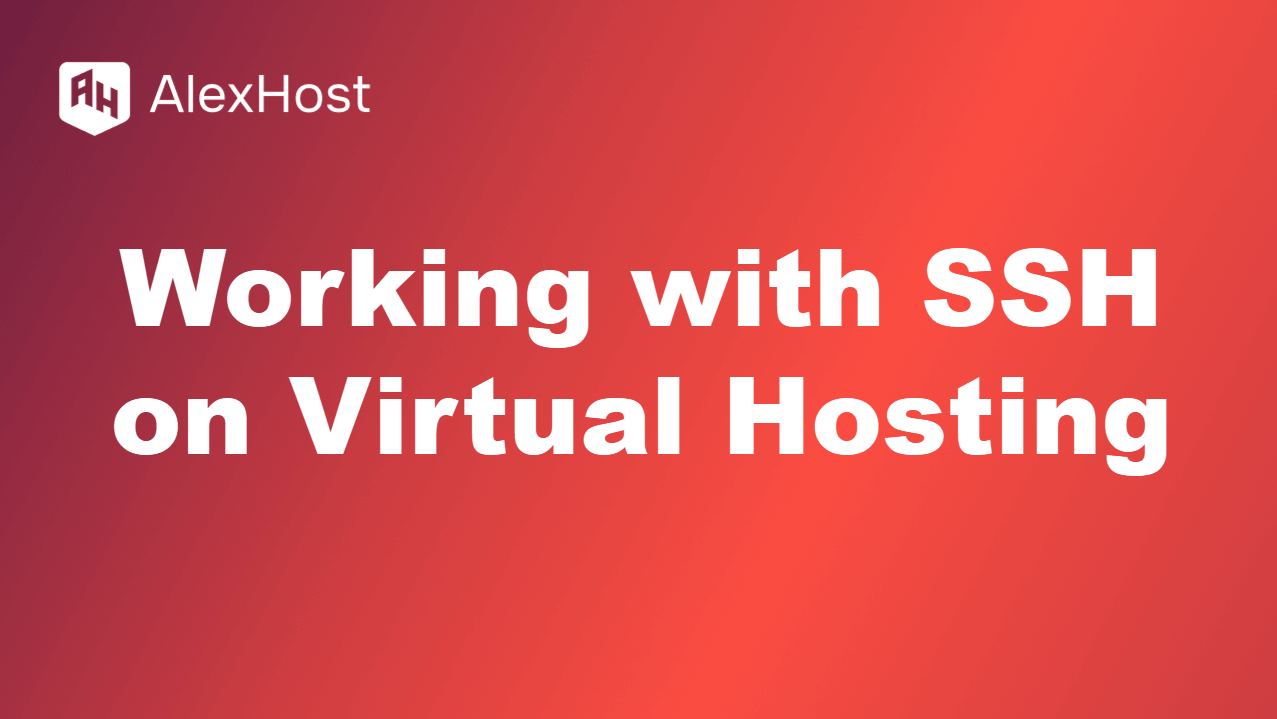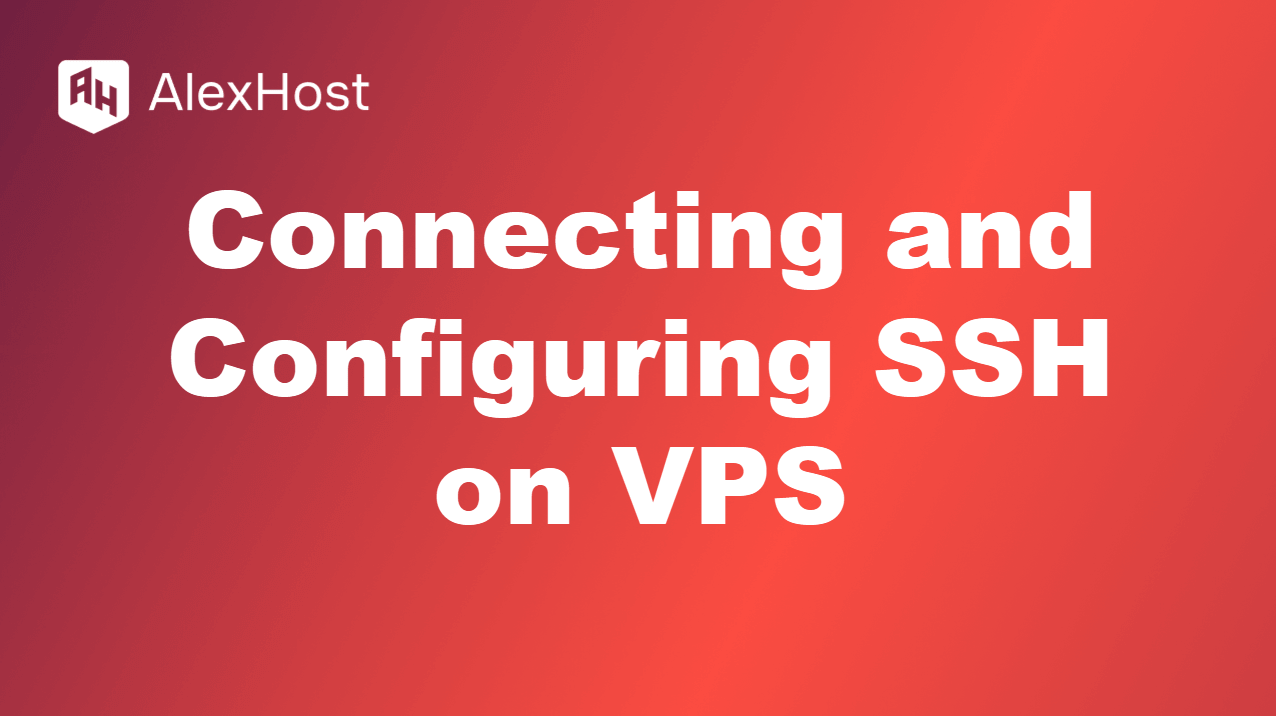Xmlrpc.php is a file that comes bundled with WordPress, allowing for remote procedure calls over HTTP. It enables various functionalities, including posting content remotely, pinging, and using mobile applications to manage your WordPress site. While it can be useful, Xmlrpc.php has also been associated with security vulnerabilities and brute-force attacks. For those using WordPress Hosting, […]
Read MoreNginx is a powerful web server known for its performance and efficiency. Enabling HTTP/2 support can enhance website performance by allowing multiplexing of requests, reducing latency, and improving loading times. This guide will walk you through the steps to install Nginx with HTTP/2 support on Ubuntu 18.04/20.04. 1. Prerequisites Before starting, ensure you have the […]
Read MorephpMyAdmin is a popular web-based application that provides an interface for managing MySQL databases. It allows users to perform various database operations through a user-friendly interface. This guide will walk you through the steps to install and secure phpMyAdmin on Ubuntu 18.04/20.04. 1. Prerequisites Before you begin, ensure you have the following: A server running […]
Read MoreMySQL is a widely used relational database management system that allows you to create and manage databases efficiently. One important aspect of database administration is user management. Creating new users and setting their permissions is essential for maintaining database security and ensuring that users have the appropriate access levels. Hosting services play a crucial role […]
Read MoreFor those using Linux hosting from AlexHost, protecting your server with a properly configured firewall is very important. AlexHost provides stable and performance-optimized hosting, giving you full control over your server’s security settings. With AlexHost, you can use tools like Firewalld to strengthen your server’s security against unauthorized access and potential threats. This guide will […]
Read MoreSecure Shell (SSH) is a crucial tool for managing virtual hosting environments. It provides a secure method to access and manage your server remotely, allowing you to perform administrative tasks and configure applications. This guide will explore the basics of working with SSH in a virtual hosting environment. 1. Understanding SSH SSH is a protocol […]
Read MoreCron Scheduler is a powerful tool for automating repetitive tasks on Linux-based servers, allowing users to set up commands or scripts to run at specified times or intervals. Whether it’s performing regular backups, updating data, or clearing cache, cron jobs are essential for efficient server and website management. 1. Understanding Cron Cron is managed by […]
Read MoreLinking a domain to an IP address is a fundamental step in setting up a website. This process involves configuring your domain’s DNS (Domain Name System) settings to point to the server where your website is hosted. This guide will explain how to link a domain to an IP address using common domain registrars and […]
Read MoreSecure Shell (SSH) is a cryptographic network protocol that allows secure remote access to a server. It is widely used for managing Virtual Private Servers (VPS). This guide will walk you through the steps to connect to a VPS using SSH and configure it for secure access. 1. Prerequisites Before you start, ensure you have […]
Read MoreIspmanager is a popular control panel for managing web hosting environments. It provides a user-friendly interface that simplifies the process of hosting websites, managing domains, databases, and email accounts. This guide will walk you through the steps of hosting a website using Ispmanager. 1. Prerequisites Before hosting your website with Ispmanager, ensure you have the […]
Read More









